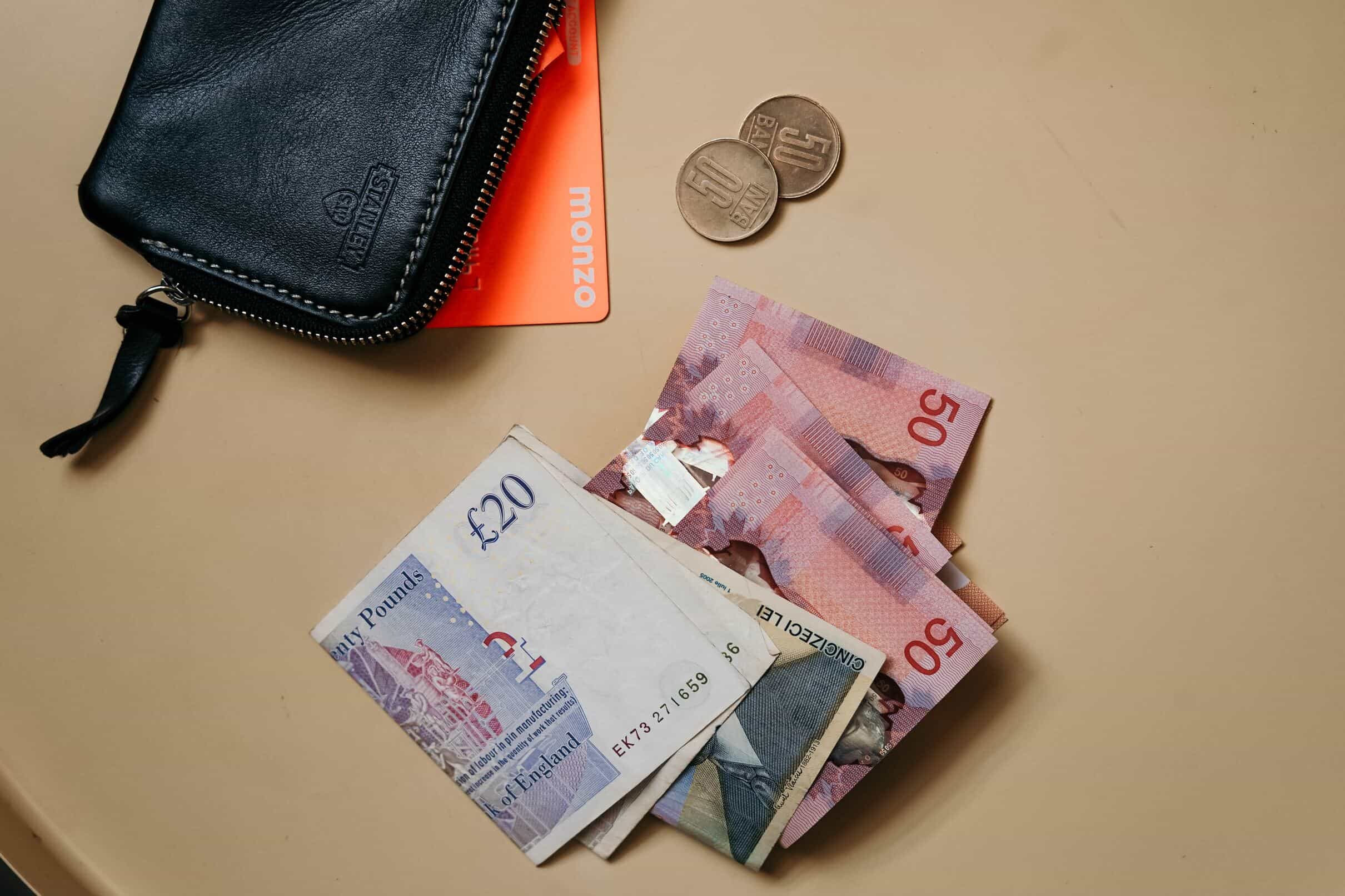Introduction
When purchasing a car in the UK, one common practice is to pay a deposit. Car deposits serve as an upfront payment, typically made to secure a vehicle and initiate the purchase process. This article aims to provide a comprehensive guide to car deposits in the UK, covering their purpose, benefits, considerations, and potential risks. By understanding the intricacies of car deposits, prospective car buyers can make informed decisions and navigate the car purchasing process with confidence.

The Purpose of Car Deposits
Car deposits serve multiple purposes in the UK automotive market. Primarily, they demonstrate a buyer’s commitment to purchasing a specific vehicle and signal their seriousness to the seller. Deposits also act as a guarantee for the seller, ensuring that the buyer will proceed with the purchase. Moreover, deposits can help secure a desirable vehicle, particularly if it is in high demand or limited in supply.
Benefits of Paying a Car Deposit
Paying a car deposit offers several benefits to both buyers and sellers. For buyers, it allows them to reserve a chosen vehicle, giving them peace of mind that it won’t be sold to someone else. Deposits can also contribute to negotiation power, potentially resulting in more favourable terms during the purchasing process. Sellers benefit from deposits by reducing the risk of prospective buyers changing their minds or engaging in time-wasting negotiations.
Considerations When Paying a Car Deposit
Before paying a car deposit, several considerations should be kept in mind. It’s important to thoroughly research the vehicle, including its condition, history, and market value. Buyers should also evaluate the reputation and credibility of the seller or dealership to ensure a trustworthy transaction. Understanding the terms and conditions surrounding the deposit, including refund policies and any potential administrative fees, is crucial. Additionally, buyers should confirm that the deposit will be deducted from the final purchase price.
Potential Risks and Precautions
While car deposits can be beneficial, there are some risks involved. Buyers should be cautious when paying deposits to private sellers or unverified dealerships, as there is a risk of fraud or unreliable transactions. It is recommended to use secure payment methods and obtain a receipt or written agreement for the deposit. Buyers should also clarify the circumstances under which a deposit is refundable or non-refundable to avoid any misunderstandings or disputes.
Alternatives to Car Deposits
In certain situations, paying a car deposit may not be the most suitable option. Buyers who prefer to avoid upfront payments can explore alternatives such as pre-approved finance, where a loan is secured before selecting a vehicle. Additionally, leasing or hire purchase options provide alternatives to traditional ownership without requiring a significant upfront deposit.
Conclusion
Car deposits play a significant role in the car purchasing process in the UK. Understanding their purpose, benefits, considerations, and potential risks is crucial for prospective buyers. By conducting thorough research, evaluating the credibility of sellers, and clarifying the terms and conditions of deposits, individuals can navigate the car buying process more confidently. Whether choosing to pay a deposit or explore alternative financing options, making informed decisions is key to a successful and satisfying car purchase experience in the UK.





